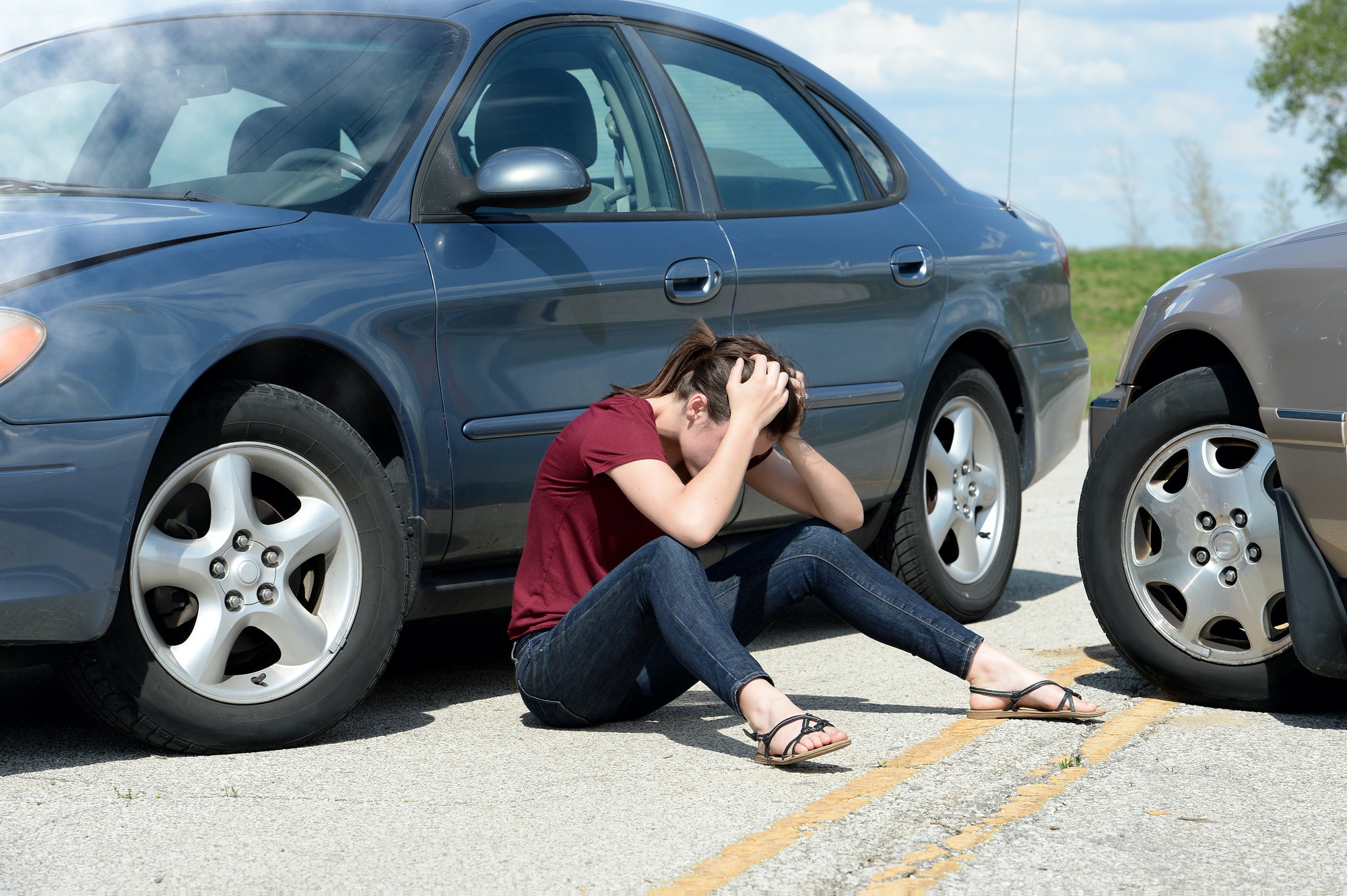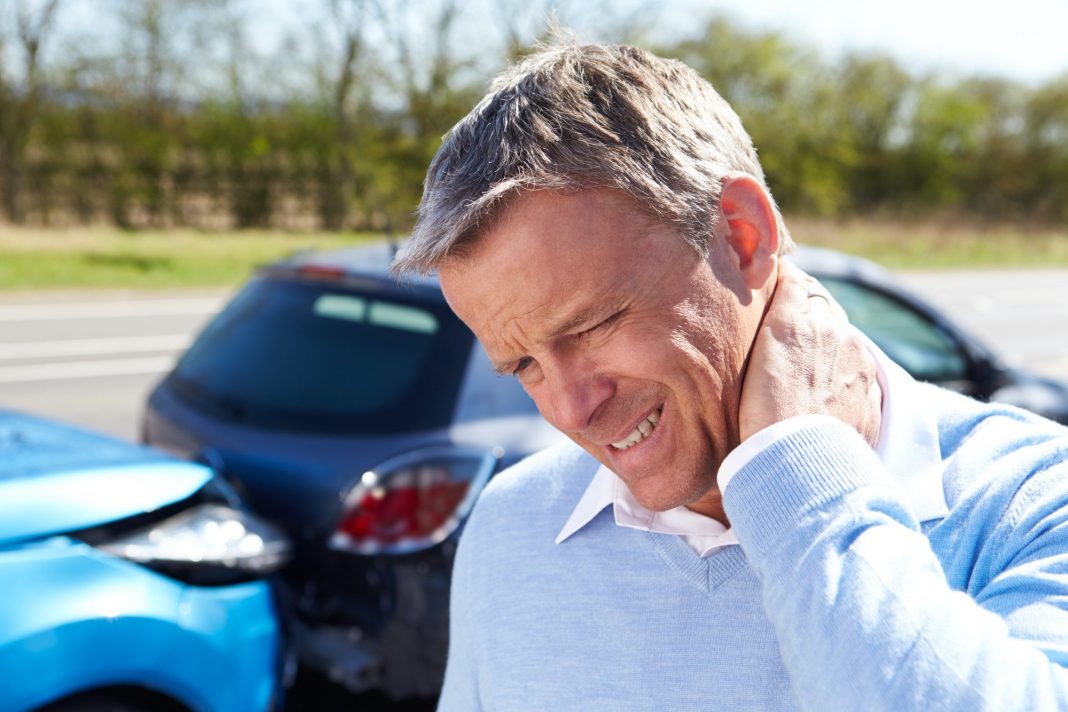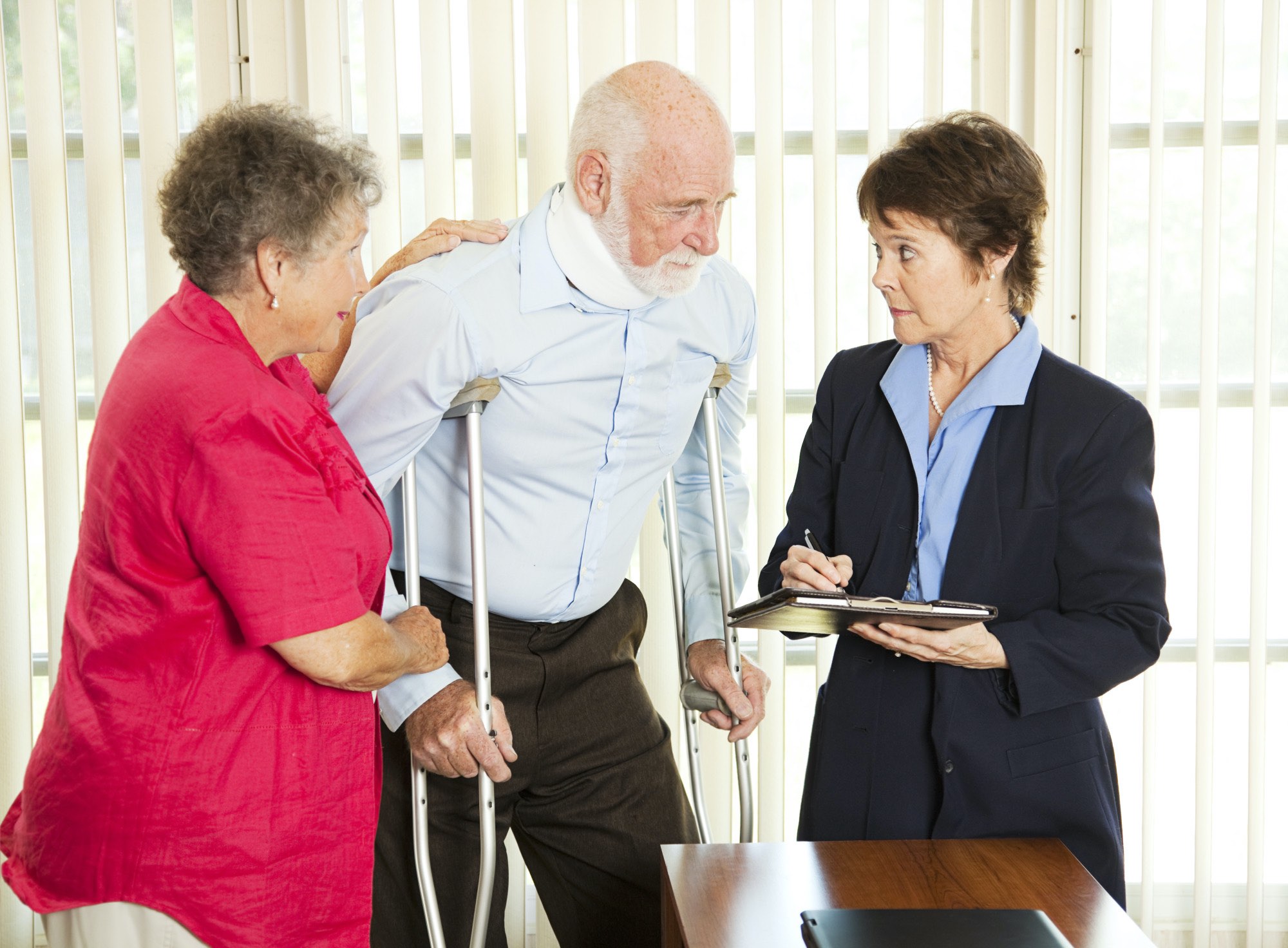There are between 20-50 million people across the world who are injured in a car accident every year.
Whether a crash leaves damage to the vehicle, or you suffer an injury as a result of it, the whole event will be traumatic to everyone concerned.
Insurers say that the average person will make an insurance claim every 17.9 years, meaning that at some point most of us will be involved in a road traffic accident.
Whether the crash is your fault or not, there is still a lot to worry about. Even if you get out of the crash unscathed, you may have late-appearing car accident injuries. Knowing what to expect following on from a crash is hard to predict.
Here’s what to expect physically after a car accident
What to Expect Physically After a Car Accident
Following a car accident, you may feel fine. Your seatbelt and airbags may have prevented any visible injuries. However, there may be symptoms of injuries that don’t appear instantly.
During the first few days after an accident, it is important that you keep your eye out for any physical signs that were not apparent immediately after the crash.
These may include:
Going to the doctor after a car accident is important, particularly if you notice changes in any of these areas.

Why Don’t Some Symptoms Show up Straight Away?
When you’re involved in a car accident, a lot of things will happen. You’ll feel massive rushes of adrenaline and endorphins that are designed to help you deal with stressful situations. This can mask much of the pain that you should be experiencing.
These powerful hormones may take some time to wear off. While you may not feel the physical symptoms of your injuries because it has been masked by a natural painkiller, it doesn’t mean that your invisible injuries are not serious.
You could be hiding severe head trauma. It is vital that you pay attention to your body over the coming hours and day.
As well as speaking with your doctor, you may also want to speak with your car accident lawyer about the health problems you incur.
Neck and Shoulder Pain
Neck and shoulder pain are common injuries following a car crash. The sudden thrust forward before your seatbelt stops you from hurtling forward can cause whiplash.
Whiplash is a common injury. It can come on immediately, or it may take several days to appear.
If you start to notice stiffness in your neck or difficulty turning your head, then you should visit your doctor. They may use an X-ray or an MRI to assess for the type of injury you have.
Whiplash can be treated with physical therapy. However, your neck problems may be symptomatic of a spinal injury that will need immediate attention.
Back Pain
Back pain may not show up during the first few hours or days after a car accident. However, the impact of the crash may have caused a disc to slip in your spine. You may also experience a spinal sprain or a trapped nerve.
All of these can be very painful, causing you considerable discomfort. Over time, back problems can cause you problems sleeping, and prevent you from working.
A visit to the doctor as soon as you start to feel pain or discomfort will help you get a headstart on having your back treated.
Headaches
Some headaches that appear following a car accident can be perfectly harmless. However, they may also be a sign of something significant.
Your headache may be a concussion, or it could be related to a blood clot on your brain.
A headache could be caused by the start of swelling around your brain; it could also be brought on by bruising, or internal bleeding.
It is therefore essential that you have your headaches checked out with a doctor to make sure you do not have any serious life-threatening injuries.
Abdominal Pain
If you start to feel pain in your stomach or around any of your internal organs following a car accident, you need to get these examined by a doctor quickly.
As well as abdominal pain, you may notice bruising, or even experience dizziness or fainting.
Damage to your internal organs and internal bleeding are all major concerns, and you will need to get these ruled out or treated as early as possible.
Numbness in Your Limbs
If you start to experience numbness in your fingers, toes, and along your arms and legs, this could be a sign that you have whiplash.
It could also be caused by injuries to your spinal column or nerves.
Numbness is something that may be quite easily shrugged off as not being a major problem because it is not the same as pain. However, it could be a sign of something serious.
Taking Care of Your Mental Health Following a Crash
Once the endorphins and adrenaline wear off, you may be left feeling exhausted and emotional. Although, on the other hand, you may not feel very much.
People react differently to being in a car accident, and there is no right or wrong way to respond emotionally.
Pay attention to the way that you feel in the days, weeks, and months following a car accident. You may not even notice, but your mood and behavior may change gradually. You may develop anxiety or depression as a result of being in the accident.
Post Traumatic Stress Disorder (PTSD) is a serious mental health condition that can be triggered by being in a car accident.
If you start to notice a change in your mental health, speak with a doctor or make an appointment with a counselor.
Returning to Your Normal Life
Knowing what to expect physically after a car accident can help you spot the signs as they appear. It may take time to recover physically and emotionally after a crash; however, noticing things early will help you overcome things quicker.
For more helpful articles, keep visiting the blog.








